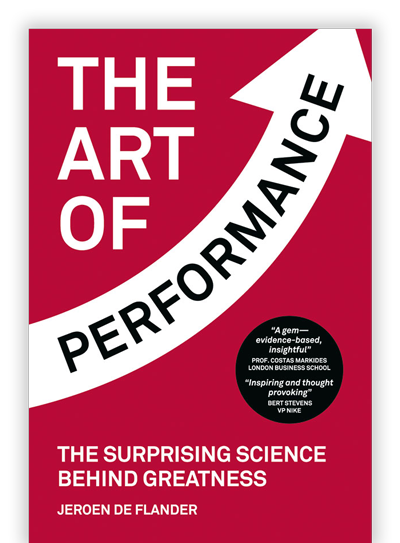“Strategy is thinking about a choice and choosing to stick with your thinking”
Operational people are like firefighters – they are always ready to react at a moment’s notice. But reacting to something that has already happened demands a different skill-set than debating things that have not happened. If you are not used to doing this, it can be quite a challenge.
SCENARIO THINKING
One of the first things I learned at Arthur D. Little was scenario thinking – learning to think about the future by looking at the same problem with a different set of fixed parameters each time. The first thing you have to learn is how to translate your assumptions into parameters that you can control in a scenario exercise (it sounds harder than it is. The key question is ‘Let’s assume that…’). It’s a very useful skill to dive deeper into different assumptions, using a common language.
LEARN TO CAPTURE ASSUMPTIONS
A second important skill – and an often-overlooked one – is listening. As you are talking about something that has not yet happened, you have to feed the basis of your discussion on the assumptions of others. That means that you have to be able to capture them and understand them. Listening skills are highly undervalued. Interventions such as ‘So you’re saying that…’ or ‘Do I understand correctly that…’ are crucial to get a solid strategy debate off the ground.
Remember: the quality of a strategy debate is greatly determined by the listening skills of the participants. When you are not able to feed off other’s ideas, the discussion becomes a ‘convincing’ contest and flatters nothing but the ego.



